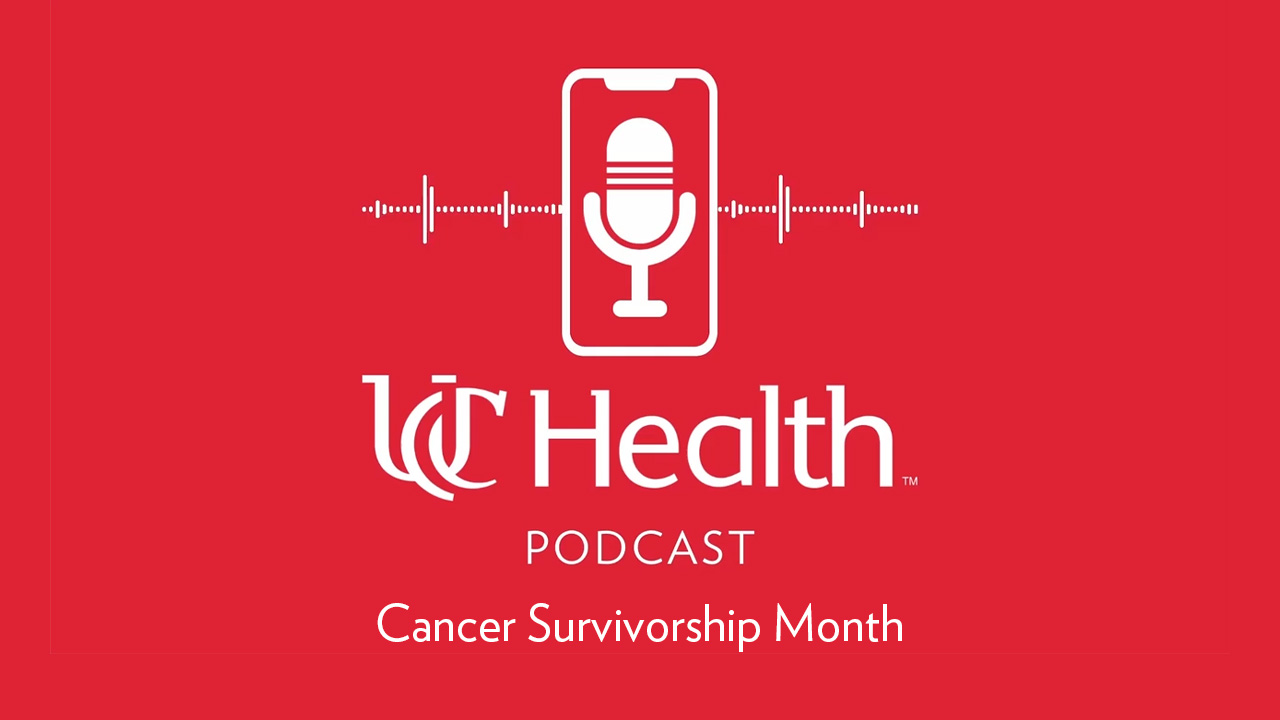Dr. Chaudhary's Journey: From Traditional Medicine to Integrative Oncology
Rekha Chaudhary, MD, adjunct associate professor in the division of Hematology-Oncology at the University of Cincinnati College of Medicine. She is also a faculty member at the Osher Center for Integrative Health at UC.
The Power of a Plant-Based Diet in Reducing Cancer Risk
Dr. Chaudhary said her intentional and professional journey combing the powers of diet and cancer came more than a decade ago when she saw the documentary “Forks Over Knives” which encourages people to consider the health benefits of switching their diets from more plant-based foods compared to animal-based products.
“If you're eating a bunch of fat, you can see that clogging your heart. That makes visual sense to a patient and to a physician,” Dr. Chaudhary reflected. “But what you're eating is going to affect your melanoma on your arm? That doesn't really kind of intuitively make sense. I started reading about it. I started thinking about it.”
“I used to be the kind of physician to say, ‘Eat whatever you want. You know, it doesn't matter.’ And then I saw this,” Dr. Chaudhary said referring to the documentary. “And I was like, there's so much scientific data that we were never taught in medical school or internal medicine residency, or fellowship, behind this. And so that's how I got really interested in it.”
Dr. Chaudhary explained how she combined her respect and passion for traditional medicine with integrated medicine.
“I believe in immunotherapy. I believe in chemotherapy. I believe in all those things. But I also believe in joining the two. So that's how integrative medicine came about,” Dr. Chaudhary said. “Most people understand that managing your stress exercise is good for you. That’s not controversial at all. Your diet is, obviously. It’s controversial because cancer, again, the research was not there years ago, and now it's coming up.”
Dr. Chaudhary said her focus of integrating diet with cancer treatment is to use food as another tool to stabilize and even decrease the chance of cancer spreading or occurring in the first place.
“[Our] microbiome is the quarterback of our immune system and our immune system is what modulates cancer,” Dr. Chaudhary explained. “We've only recently been learning that. This is a new thing. So I think the microbiome research has really been what brought oncology and integrative oncology to the forefront, because you can actually measure that in a store.”
“You can measure that microbiome stuff. Otherwise, a lot of physicians didn't even accept that a diet could modulate diet,” Dr. Chaudhary said. “The oncology world used to say, ‘It'll make you feel better. It'll make you tolerate the chemo better. It'll help you tolerate the radiation.’ Right now, we're actually using it to decrease your cancer cells at a cellular and even genetic level.”




